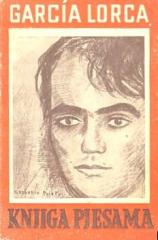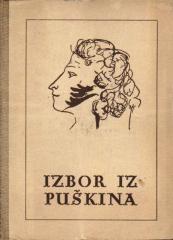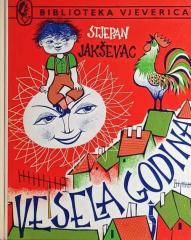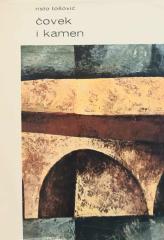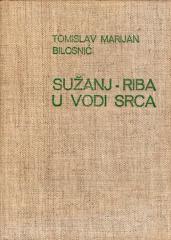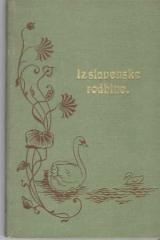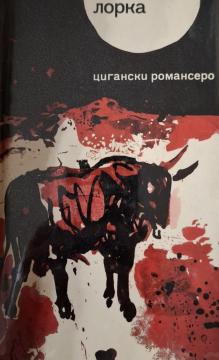
Ciganski romansero
U ovom čuvenom delu, Cigani dobijaju mitsku dimenziju: oni predstavljaju instinkt slobode, borbu protiv ustaljenih normi i sudbine.
Iz sukoba između želje za slobodom i smrću proizilazi duboka frustracija koju Romi nazivaju „crna kazna“. Ovu analizu i opis ciganskog osećanja prema „crnoj kazni“ oseća u svojoj knjizi izvesna Soledad Montoja, a njenu patnju možemo osetiti u sledećim stihovima koje smo naveli u nastavku: Iako su ciganske balade poznate po tome što govore o malo korišćenoj temi kao što je ciganski svet, istina je da to nije jedina tema koju autor, Federiko Garsija Lorka, ima. Zapravo, kroz 18 romansi koje čine Romansero možemo pronaći različite teme koje bi trebalo da budu poznate. Glavna je, naravno, represija, zlostavljanje i život Roma, naroda koji je uvek bio na marginama društva i koji je ugnjetavan i kvalifikovan lošim ili negativnim pridevima za svoj način života.
Jedan primerak je u ponudi
